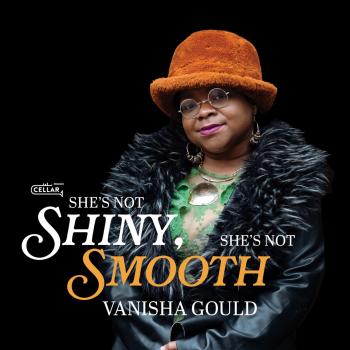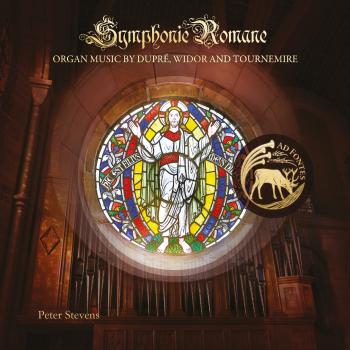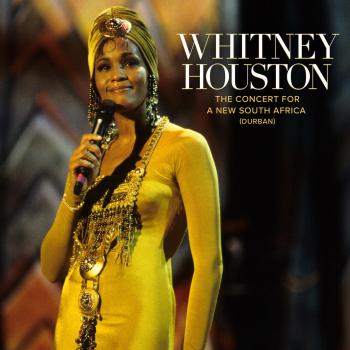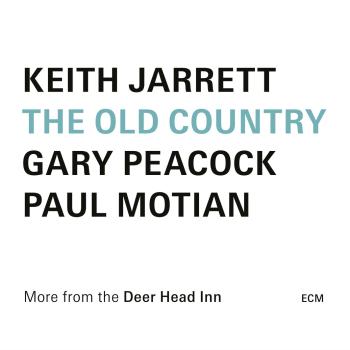
To the Places We Lived Kasey Anderson
Album info
Album-Release:
2024
HRA-Release:
04.10.2024
Album including Album cover
- 1 Believers 04:11
- 2 Leave an Echo 03:40
- 3 Back to Nashville 04:06
- 4 Ellensburg 04:22
- 5 Readynow 03:58
- 6 The Lost Parade 04:45
- 7 Paint it Gold 05:13
- 8 Start Again 04:24
- 9 To The Place We Lived 08:13
Info for To the Places We Lived
The new album "To the Places We Lived", Kasey's last, described by Kasey as "a kind of spiritual sequel to Nowhere Nights," and featuring several guests, including Eric Ambel, Kurt Bloch, Andrew McKeag, Steve Selvidge, Sadler Vaden, Dan Vickery and more.
Recently, I found myself in a conversation with a friend of mine who, like me, is a poet and who, like me, lives in a neighborhood close to the neighborhood they grew up in. The conversation turned to staying, as it often does with me and my pals who are still firmly affixed to their towns, their blocks, their familiar corners of the world. We like to talk about how and why we remain somewhere, not as a means of justification, but as nudges, reminders, reaching back form something concrete after days, weeks, or months on the road. Or after a vacation to a smaller, quieter (or larger, louder) place that feels like – with a few tweaks – it could be our place. The familiar, fading in its joys and satisfactions, for a moment.
My pal, the poet, said something that I immediately knew I’d carry for a long time. I was telling them how much I liked walking around my block, how much I loved running into people who talked to me as if we were always in a conversation, and were just picking up where we left off, even if we’d never spoken before. “It’s being accounted for,” my pal said. “Having people who account for you is what allows you the opportunity to remember you’re alive.”
But, to the road and its many pleasures and horrors and familiarities (both wanted and unwanted,) there’s also the reality that home can be several places. For some of us, home must be several places. Home is not only where you’ve been, but it’s also where you stop moving, temporarily or permanently. Home is something that happens to you, at first. The thing you don’t choose and learn to love or learn to leave. Those aren’t the only two options (there are rarely only two options,) but those are the ones that I’ve endured the most.
I love Kasey Anderson’s writing – he’s a writer’s writer, which I often say about songwriters who tend to write as though they are building a narrative arc for a book within each song. I like an album that feels like a series of short stories, people fading in and out of stories, places crystalizing and then exiting, and then, perhaps, returning again in a way that is familiar but also entirely unique (as our returns to places sometimes go.) To The Places We Lived is an album that might, most easily, be categorized as a record that “feels like home,” and I do suppose that is true. But it’s worth complicating this idea, or at least broadening what it means to ascribe a feeling to home, and whether or not that feeling can be carried, and whether or not it can be carried comfortably.
For example, “Back To Nashville” is one of my favorite tunes on the record, not due to its tenderness, or its longing, but for its defiance, its approach to kind of soiling the romance of a musical mecca, but it is a defiance that is not totally scathing, not without gratitude. Gratitude for the experience of having passed through a place once, and defined your affection for another place by that process of passing through. But, for the sake of tenderness, there are songs like “Ellensburg,” which isn’t necessarily a traditional ode to a, quote, small town, but more of an ode to a person, or people, within a place.
Perhaps this is what I mean to say: Kasey Anderson is a writer who appreciates and understands the urgency of honoring a population within his songs. A population isn’t only people, but people are one of the main engines. A population is, sometimes a place, sometimes a memory, sometimes what living and moving around and laying down what feels like roots somewhere can offer. “Believers,” “Leave An Echo,” the album’s title track, all tunes that are, largely, populated by image, and image that is driven by memory, and memory, which is an ever-blossoming affection for what you knew once, or had once, but cannot touch again.
And, perhaps, that is what most succinctly unlocks the pleasure of spending time with this album, with these songs. Songs that are, in my mind, several short stories that braid together to form a joyfully cohesive collection, echoes of a life lived, and a life to come.
All of the writers I trust the most talk about their memories as if they know them to be fact, the only fact. Even if the manifestation of them can’t possibly be as crystalline as it actually was back then, when it happened, when the morning light crept in or when the night fell and you, running through it, felt briefly immortal. But to stretch our memories wide and make them bulletproof, beyond reproach, even, is to, once again, make sense of how and where we’ve lived. Where our homes have been. Home is such a flimsy concept, and yet it is a concept I firmly believe is worth clinging to. Because it’s not just about the architecture of a place. All of that shit is changing by the day, by the hour, old haunts are being torn down and, in their places, something is going up that some of us would never set foot in. That’s just the math of capital, of empire. And so, memory itself is the architecture. The people who dance through our memories are the architecture. Home is a construction of these smaller, interlinked affections. Which is, of course, why it can be rebuilt anywhere you choose for it to be. Which is, of course, why this album and its pursuits feel so refreshing. You are not in one place, there are pieces of you, everywhere.
What my pal got correct in our conversation is the reality of being seen by someone. Being accounted for in a way that involves someone pointing, waving, or giving a nod. But, with any luck, you are maybe also accounted for in memory, you are also maybe accounted for in song. You are, hopefully, accounted for in the places that will outlive you.
"I love Kasey Anderson’s writing – he’s a writer’s writer, which I often say about songwriters who tend to write as though they are building a narrative arc for a book within each song." (Hanif Abdurraqib)
Kasey Anderson
No biography found.
This album contains no booklet.












